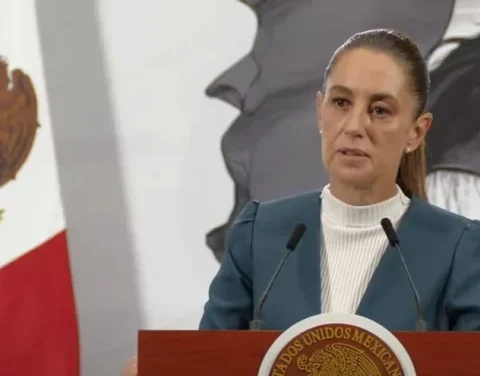The expectation about climate change and the economy, reveals the different doubts about what will be the macroeconomic effects expected in the coming decades in Colombia.
(Colombian GDP for the second quarter of 2022 was 12.6%).
This was stated by the Economics Seminar of the National Planning Department (DNP), who presented the study Macroeconomic Impact of Climate Change in Colombia from the series ‘Essays on Economic Policy’ (Espe) of the Bank of the Republic.
According to the study, in the case of Colombia, its population grew 2.3 times, while the GDP increased by 6.4 in the last 50 years. Regarding extreme poverty, the report infers that it was reduced from 8.9% to 4.9% between 1992 and 2019.
The different climatic factors, such as the global average temperature in the sea and air surface have increased by more than 1.1°C. According to the report of continuing like this, average temperatures could be 2.1°-3.5° or more in 2100, with faster rates in the polar and tropical areas.
For his part, Jair Ojeda, principal investigator of the Banco de la República, assured that “climate change will negatively affect economic activity in the vast majority of countries. There will be some changes in the sectors between stronger or less strong countries. Likewise, we find that climate mitigation will help reduce these negative effects.”
(The trade deficit reached US$6.81 billion through June.)
Impact on the economy
Faced with the integrated evaluation for Colombia, it was estimated through the Network of Central Banks and Supervisors for Greening the Financial System (NGFS) model, that if the current mitigation policies were continued, the country’s GDP would be reduced by 7.8 % for 2100. In the case of a delayed transition, the result obtained was a decrease of 2.6%, while the most favorable scenario would be that of zero emissions by 2050, where the GDP would only have losses in a 2.0% for the period named above.
This, according to the Banco de la República, means that the estimates made on the impact of the risks associated with climate change (Racc), show possible losses in GDP by 2100 of between 2% in a scenario where the Paris Agreements and 8% without additional mitigation policies.
With regard to the external sector, the report foresees thats climatic shocks will negatively affect the productivity of infrastructure critical in ports and highways for international trade. Likewise, technological advances and changes in consumer preferences “counter the global demand for fossil fuels”, reducing the foreign income of the highly dependent country.
In the current policy scenario, according to the report, “in the absence of alternative sources of external income, achieving net zero emissions by 2050 could permanently increase the current account deficit by an (average) annual amount equivalent to 0.2 percentage points of GDP from 2030”.
(The problems that the Colombian tax system has, according to Ocampo).
According to the document, the impact of zero emissions on the current balance is positive, however, in the long term it affects the external position of the country in the absence of alternative sources of external income, having a total cost equivalent to 2.3% of GDP towards 2050 on net foreign assets.
Joaquín Bernal, adviser to the General Management of Banco de la República, assured that “we can expect a very significant impact on this front, given that as a background, it is important that we remember the importance of oil and coal in the generation income for both the national government and the regions.
In matters of Public financesthese would also be affected given that the decrease in oil revenues and greater spending efforts against the Racc, with a greater impact on the fiscal deficit and government debt in a zero emissions scenario.
The Racc can generate costs and losses in financial institutions and have implications for the stability of the system. The difference in the impacts between policy scenarios suggests that “the Colombian financial system is less resilient to the materialization of physical risk than to transition risk.”
DIANA K. RODRIGUEZ T.
BRIEFCASE
















